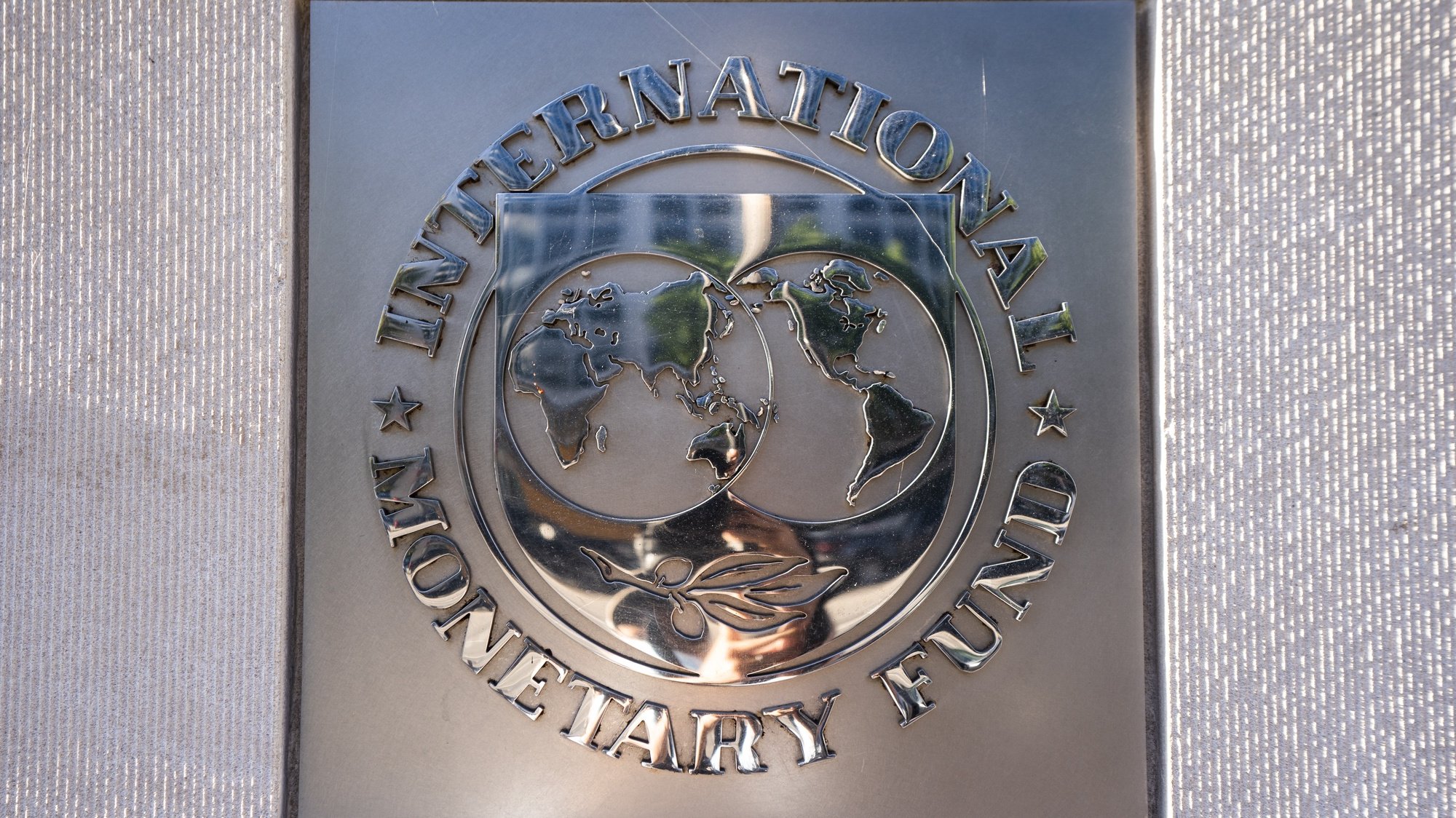A mission of the International Monetary Fund (IMF) is in Bissau to support the reforms of the Government of Guinea aimed at the introduction, in 2023, of the Value Added Tax (VAT), Paulo Paz, an economist at the financial institution.
As part of the ongoing tax reforms in Guinea-Bissau, the VAT law was created, published in the Official Gazette (equivalent to Diário da República) on February 25, 2022, which determines the payment of this tax through Konctatu , a digital platform similar to the portal of the Portuguese Tax and Customs Authority.
Speaking to Lusa, Paulo Paz, who heads an IMF team that supports the Government of Guinea in the implementation of reforms, congratulated the country’s efforts to digitize services related to taxes and fiscal obligations.
The Ministry of Finance has been making progress in digitization, offering better services to taxpayers, in the midst of this emerging pandemic. The IMF has supported these efforts. The ‘Kontactu’ tool is a wonderful tool”, said Paulo Paz.
The IMF official stated that with this tool the Guinean taxpayer will have access to various means of paymentthat can be in person, bank or through mobile phones, he said.
Guinea-Bissau approved the tax legislation, which is a unifying and simplifying law for taxpayers, it facilitates the fulfillment of obligations, it also approved the general VAT law that should come into force in 2023, all electronically through the tool Kontactu and our perspective is very favorable”, observed Paulo Paz.
The IMF economist hopes that Guinea-Bissau will begin to implement the payment of VAT from January and affirmed, on the other hand, that this tax won’t make it expensive even more the life of the citizens.
VAT is a tax that reduces delinquency so that everyone pays less, but everyone pays. Guinea-Bissau’s reform effort aims to broaden the tax base, make everyone contribute, and thus reduce the individual tax burden. Therefore, digitalization will help a lot and strongly against non-compliance”, observed Paulo Paz.
A source from the Ministry of Finance of Guinea told Lusa that with the entry into force of the VAT application, “in principle in January”, the IGV (General Sales Tax) in force since the 1990s will no longer be charged.
Taxpayers, in particular those covered by VAT, will be encouraged to use Kontactusaid the source of the Ministry of Finance.
The same source explained that the introduction of VAT in the country is due to the fact that “IGV presents weaknesses” both in the form of its practical application and in its framework in light of the law, as it was, he said. , a tax created, at the time, to replace the tax practice that Guinea-Bissau inherited from colonial times.
He also explained that although the IGV fell mainly on manufacturers and wholesale importers, VAT will be applied to the producer, importer and retailer.
Source: Observadora
